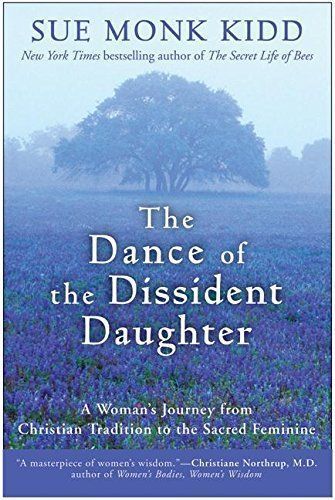
The Dance of the Dissident Daughter
The acclaimed spiritual memoir from the author of The Secret Life of Bees I was amazed to find that I had no idea how to unfold my spiritual life in a feminine way. I was surprised and, in fact, a little terrified when I found myself in the middle of a feminist spiritual reawakening. Sue Monk was a "conventionally religious, churchgoing woman, a traditional wife and mother" with a thriving career as a Christian writer until she began to question her role as a woman in her culture, her family, and her church. From a jarring encounter with sexism in a suburban drugstore to monastery retreats and rituals in the caves of Crete, Kidd takes readers through the fear, anger, healing, and transformation of her awakening. Retaining a meaningful connection "with the deep song of Christianity," she opens the door for traditional Christian women to discover a spirituality that speaks directly to them and provides inspiring wisdom for all who struggle to embrace their full humanity.
Reviews
mo@mofinegan
Maureen Carter@letsmosy
Taylor Thornton@taymthorn
Michelle@jackalope
Brigid prior @ingridditta
Morgan K@morgankavanagh